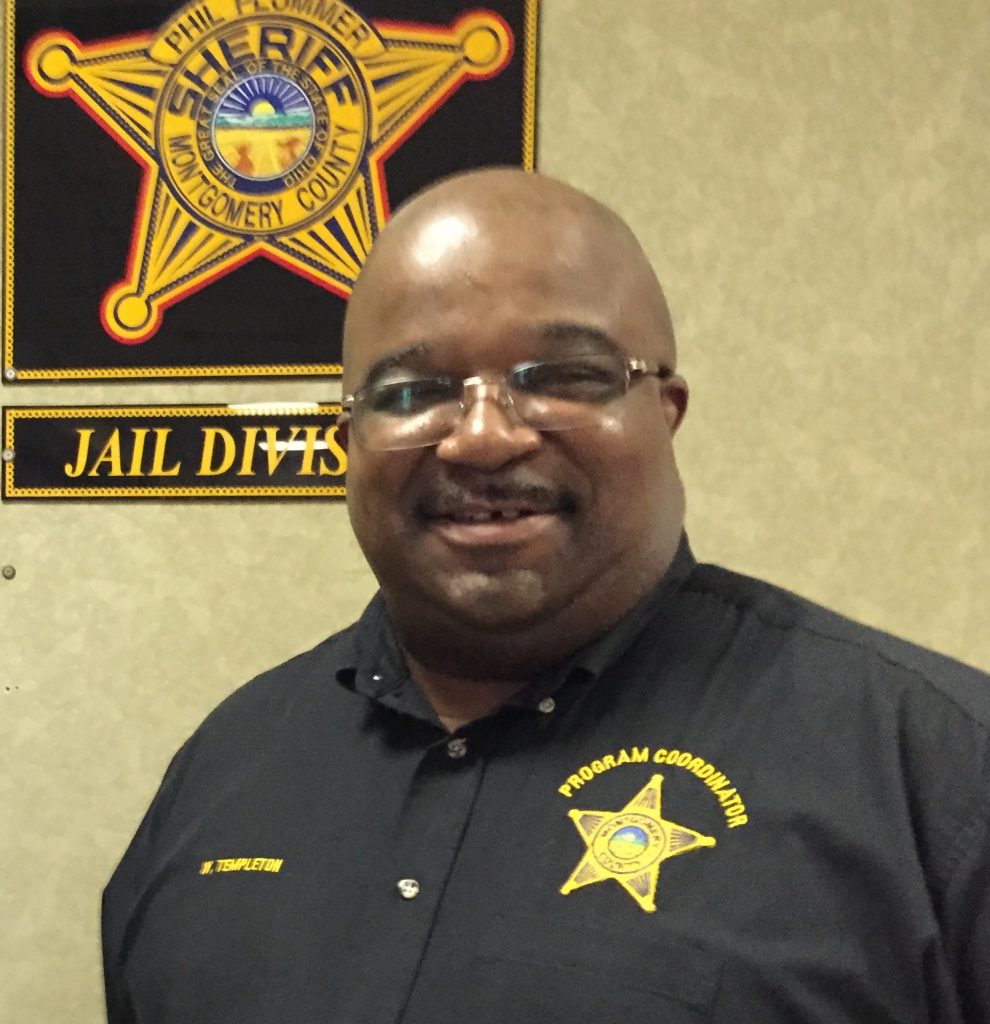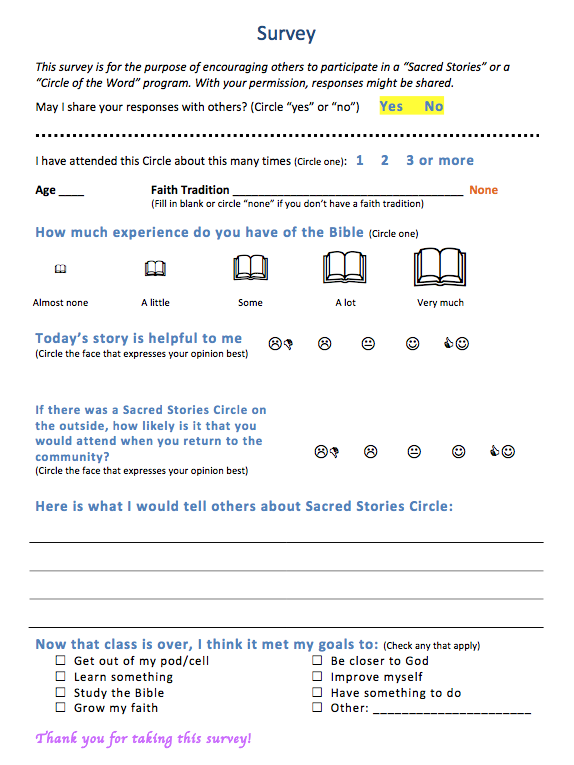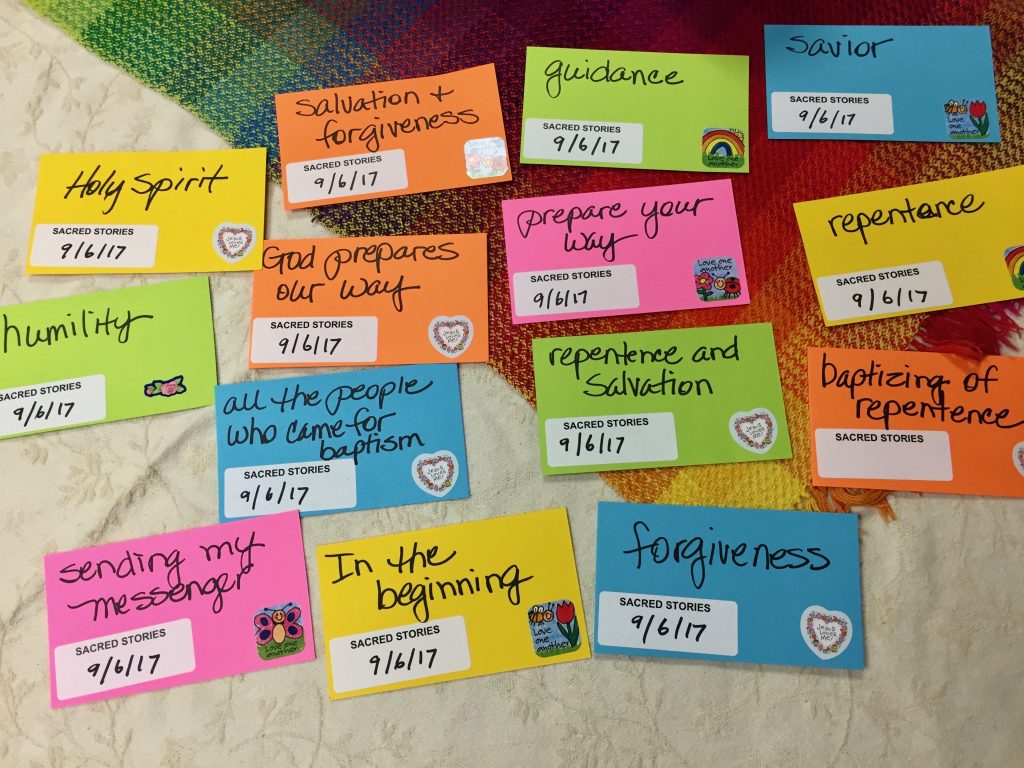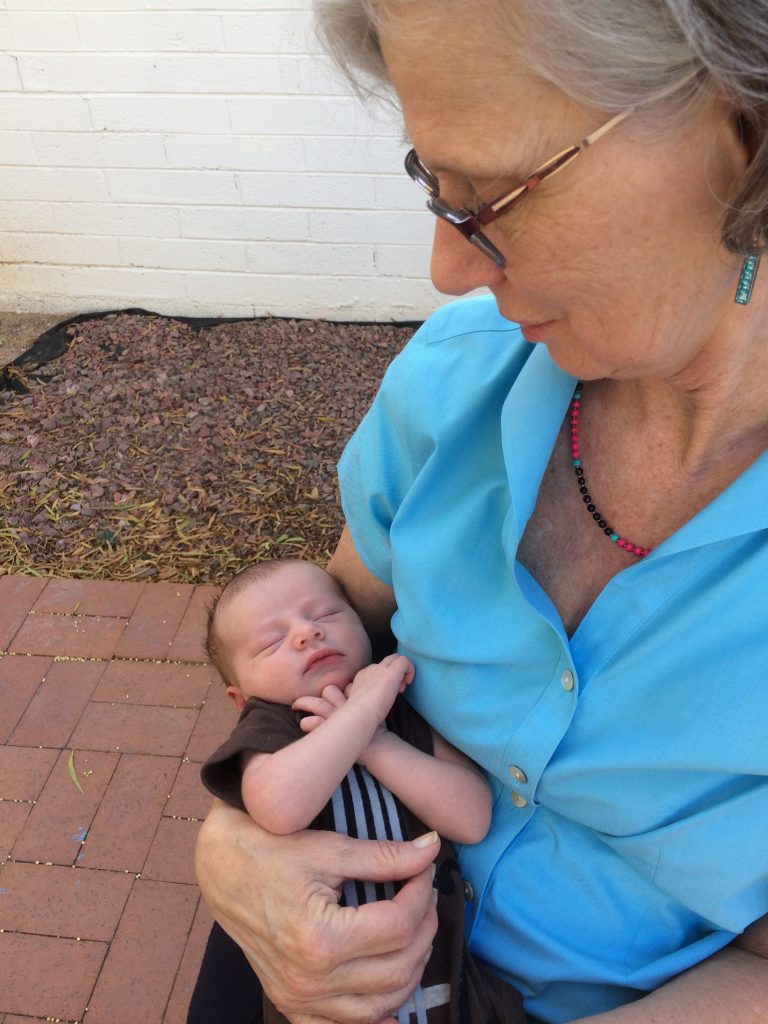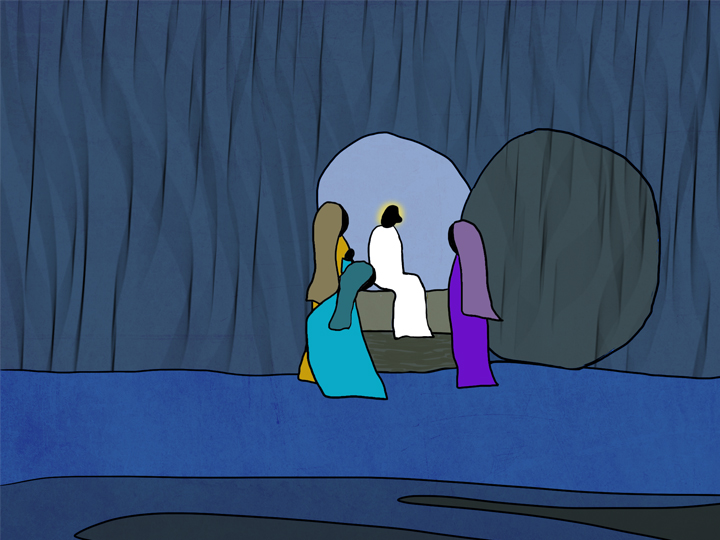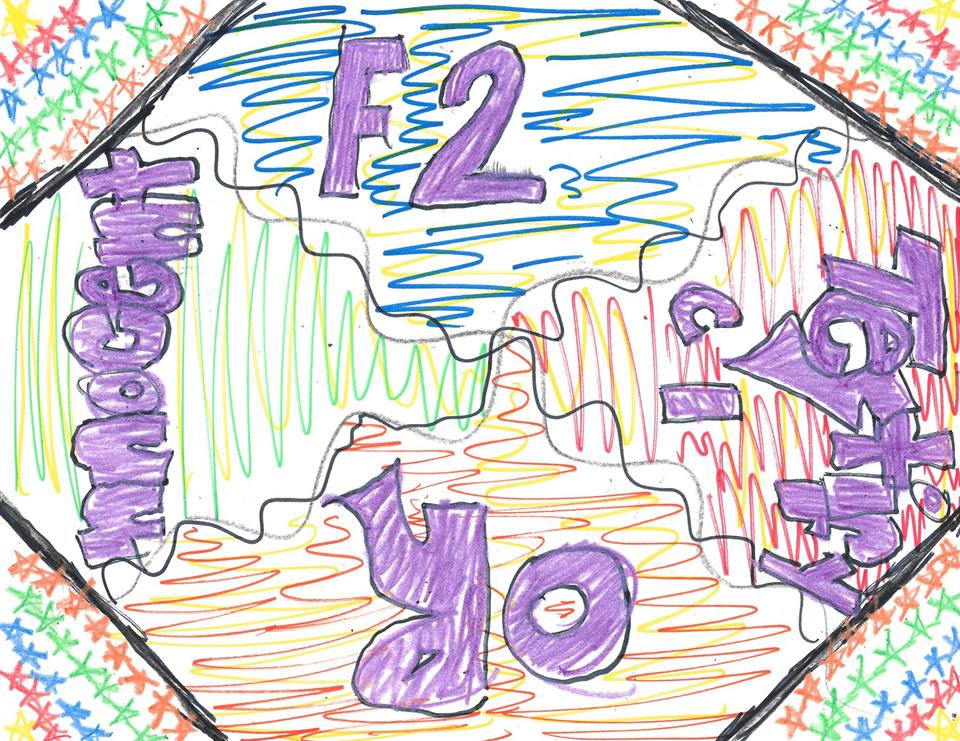Interesting, last time I posted was the first session of the Forgiveness series–at the prison with 14 women participating–and this time I’m posting it’s the last session of the Forgiveness series–at the jail with 14 women. (We finished at the prison last Friday.) Our last story was the story from Acts 16 of Paul and Silas getting thrown into the innermost cell of a prison, praying and singing at midnight with everyone listening, an earthquake opening up the doors and loosening everyone’s chains, the panicked jailer, and the Word of God being spoken to him and to everyone in his household.
Not too many of the women knew this great story, but they are definitely familiar with it now. The “About the Story” doc I created and we read-around included a paragraph on shackling. And in that paragraph I wrote about the First Step Act that might be voted on in Congress–how it would end the practice of shackling pregnant women when they go to give birth, and also end the practice of indiscriminant shackling of youth, at least in federal prisons. And yesterday they voted and passed the act into law! It’s not everything it should be, but it is at least a “first step.” A small miracle that anything got done remotely useful in the current political mess.
There was intense listening to the story as I told it, starting with Paul and Silas meeting the slave woman, followed by a lively repeat-after-me (words AND actions) group telling of the story. We quieted down while listening to my co-Circlekeeper’s meditative reading of the story, followed by thoughtful Word-I-Heard responses. We enjoyed listening to “Shackles” by Mary Mary, which was inspired by this story, and we listened to a Celtic sung version of the Lord’s prayer as we contemplated what shackles we each needed removed.
We closed with singing and signing “Go Now in Peace” in unison and then as a round. It was a good ending to a powerful series of stories on the theme of Forgiveness.

